What Led to Armenia’s Recognition of Palestine?
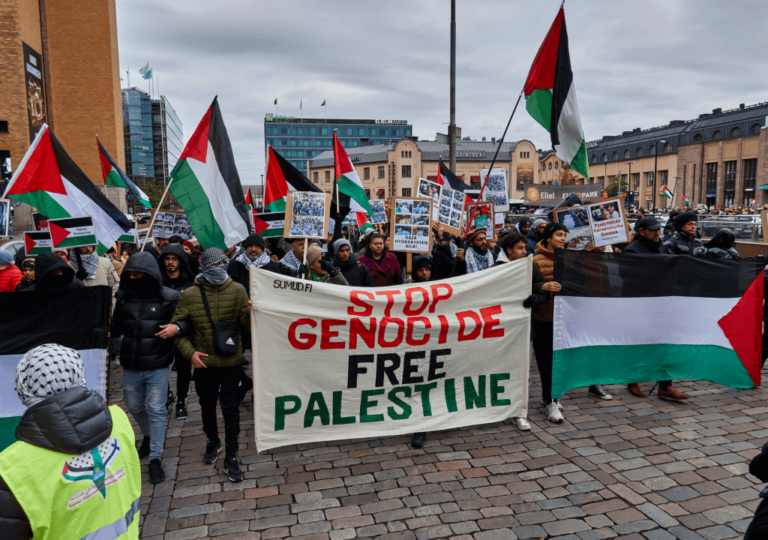
Armenia recognizes Palestine, straining ties with Israel amid shared history and complex relations.

Armenia recognizes Palestine, straining ties with Israel amid shared history and complex relations.
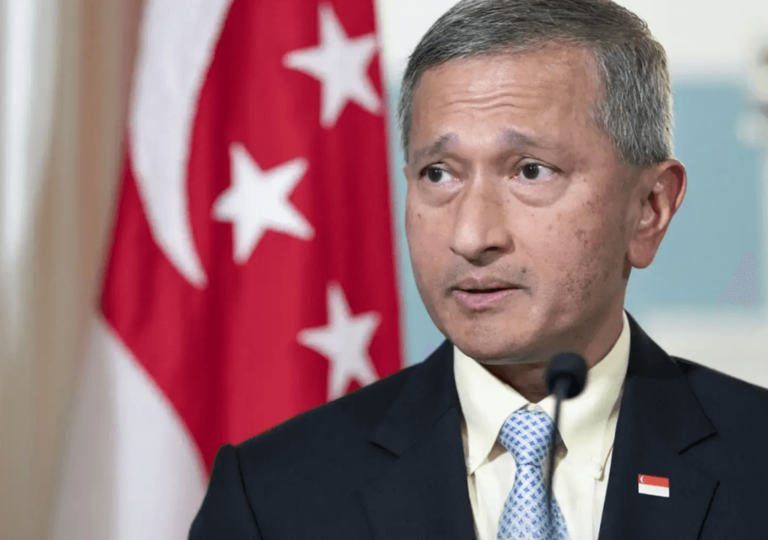
Singapore to recognize Palestine if effective government formed, denounces terrorism and accepts Israel's right to exist

Israel's border with Lebanon poses a heavy risk due to the presence of the Palestinian population and the terrorist organization Hezbollah, leading to a possible escalation of war between Israel and Lebanon.
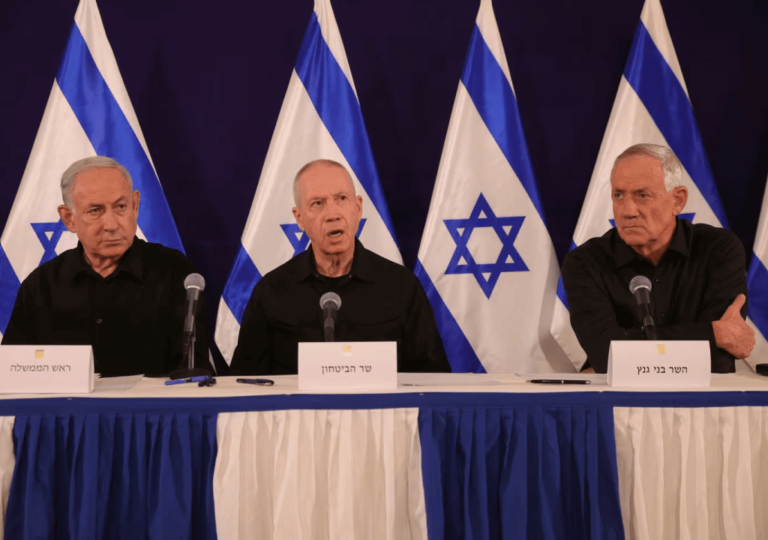
Benjamin Netanyahu dissolves Israel's war cabinet, strengthening his control over the conflict in Gaza and Hezbollah.

The proposed hostage deal with Hamas, which Israel hopes will end the conflict, faces opposition from far-right allies of Prime Minister Benjamin Netanyahu.
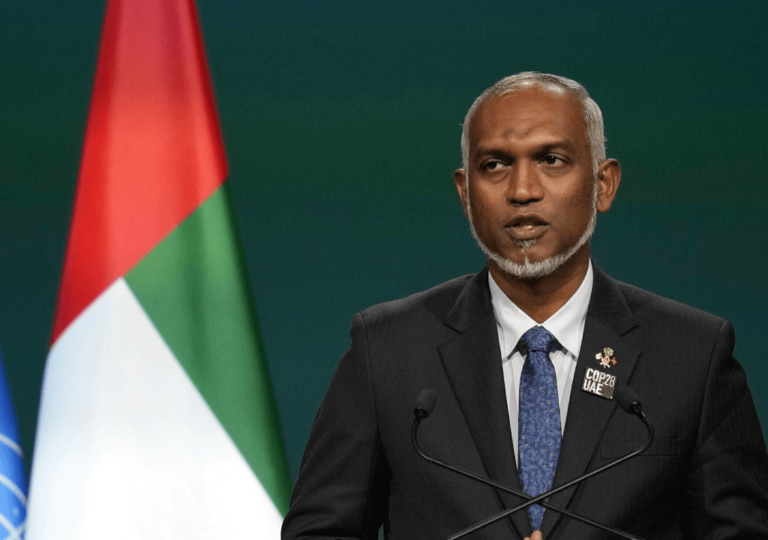
Maldives bans Israeli tourists amid Gaza conflict, risking economic consequences and diplomatic tensions with the West.
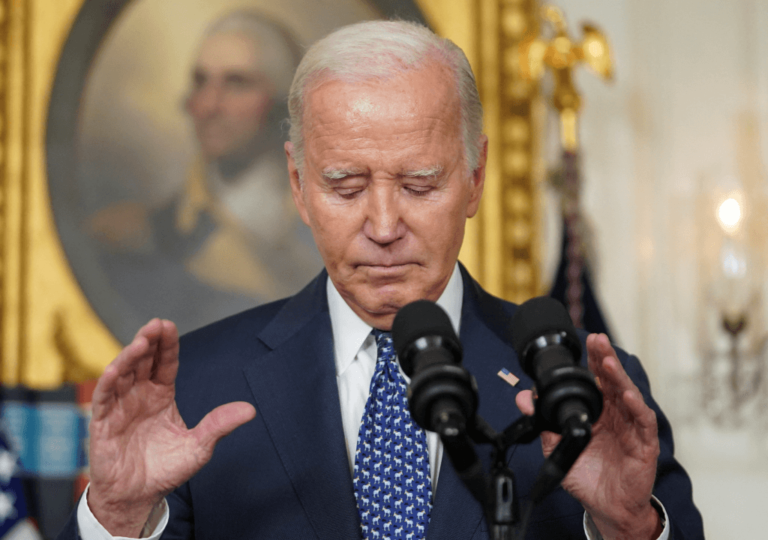
Israel's war on Gaza continues, with the US now working seriously towards a ceasefire, facing humiliation due to its weakened power over Israel and commitment to human rights.
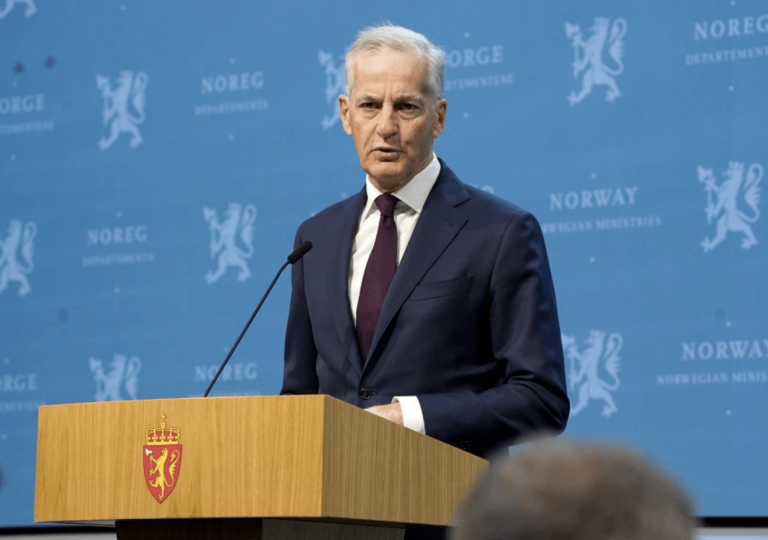
Three European countries recognize Palestine, challenging Israel's stance on the conflict.
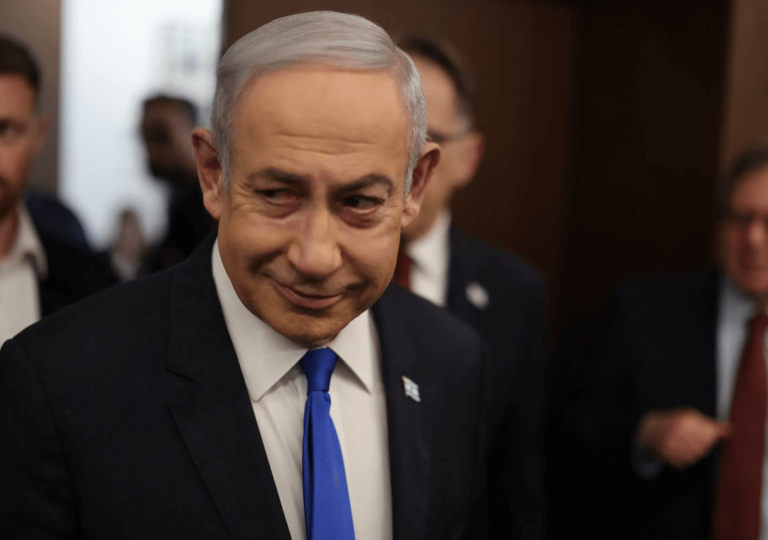
ICC demands arrest of Israeli leaders for war crimes in Gaza, sparking global debate and potential sanctions.
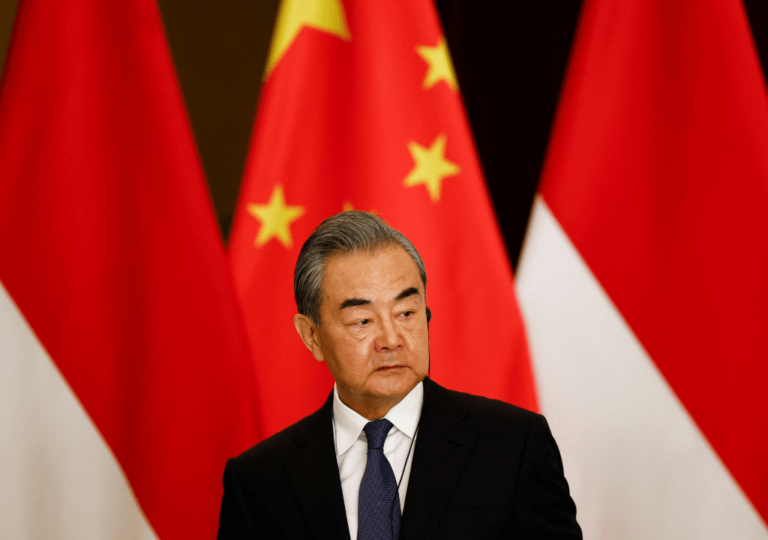
China emerges as a significant player in mediating the Israel-Palestine conflict, aiming to reconcile Palestinian factions and establish a recognized Palestinian state.